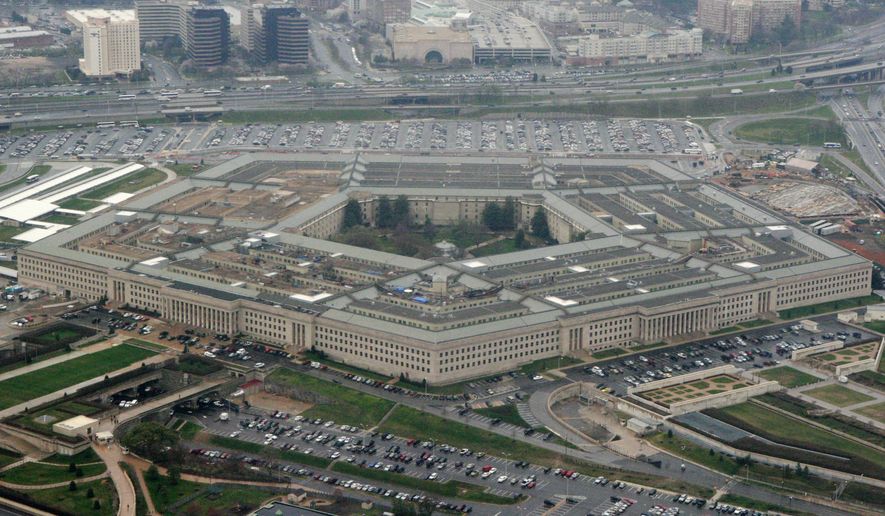The Pentagon’s decision to draw down 10 percent of its counterterrorism operations in Africa comes as Russia and China are aggressively ramping up efforts to expand their influence on the continent.
The decision has left the sizable contingent of American troops, a majority consisting of U.S. special operations forces, stationed in Africa with the unenviable task of balancing the traditional fight against regional terrorist and jihadist group and fitting into the a rapidly reorienting overall U.S. strategy.
“There has been a realization that there is a great-power competition area” in Africa, current U.S. Special Operations Command chief Gen. Tony Thomas said.
“China and Russia are in Djibouti in a big way … defying the sovereign powers there [and] they are competing pretty aggressively on the continent,” he said, referring to the east African country that is home to Camp Lemonnier, the U.S. military’s largest outpost in the region.
“The Chinese are throwing all kinds of money across [Africa], ostensibly as a supporter of the Islamic faith,” while Russia is actively “trying to seize the spoils” of the fight by the U.S. and its allies in Libya against the Islamic State elements, he added, speaking at a recent panel discussion on U.S. national security at the University of Texas at Austin.
But the new U.S. defense priorities prompted the decision to scale back U.S. anti-terror operations in Africa. The drop in operations are centrally focused on terror groups in western Africa, and will only affect “a fraction of the overall 7,200 [Defense Department] personnel operating in Africa,” according to a department statement.
But establishing a new balance after decades of a counterterrorism-driven defense strategy will not be easy, said a top U.S. intelligence official.
“It is really hard for me to decide to move resources from Russia to Iran, or from China to transnational organized crime, … and that is kind our challenge here,” Principal Deputy Director of National Intelligence Susan Gordon told the Austin gathering.
U.S. commanders insist the African drawdown does not mean the Trump administration is abandoning the fight against extremist groups in Africa.
“We still have to maintain the counterterrorism pressure on those who are most likely … to attack our homeland,” Lt. Gen. Richard Clarke told the Senate Armed Services Committee last week.
But U.S. special operations forces also have to be prepared to “counter some of the malign activities” carried out by Russia, China and their allies against Washington in Africa and elsewhere across the globe,” the general said, testifying at his confirmation hearing to become the new head of Special Operations Command.
That said, the three-star general noted that America’s elite military units “should only do those missions that are suited” to special operations, and not be used as a catch-all instrument to implement the NDS.
Finding that balance is part of the “very blunt conversations we are having now” inside and outside the Pentagon, Gen. Thomas said last week.
• Carlo Muñoz can be reached at cmunoz@washingtontimes.com.




Please read our comment policy before commenting.